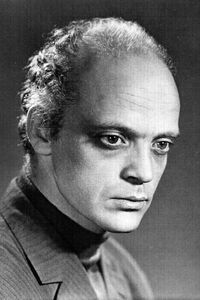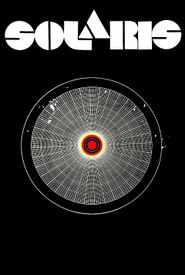Noted Soviet film actor Vladislav Dvorzhetsky, born on April 26, 1939, in the city of Omsk, embarked on a remarkable career in the entertainment industry after enrolling in the Omsk military medical school in 1955, where he successfully completed his studies and earned his degree in 1959. Following his academic achievements, Dvorzhetsky went on to serve in the Soviet Army on Sakhalin Island, where he held the esteemed position of senior feldsher. During his military tenure, he tied the knot for the first time, marking a significant milestone in his personal life.
Following the completion of his military service, Dvorzhetsky made the decision to redirect his focus towards the world of acting, ultimately enrolling in the esteemed actors' school of Omsk, where he would go on to pursue his passion for the craft.
Upon graduating in 1967, he was subsequently accepted into the prestigious company of the Omsk provincial dramatic theatre, where he would not only continue to hone his acting skills but also meet his second spouse.
In 1968, Dvorzhetsky's professional acting career gained momentum as he landed his first film role, that of General Khludow, in the 1970 film, The Flight.
Vladimir Dvorzhetsky's cinematic endeavors continued to unfold with the release of Solaris in 1972, a thought-provoking film that showcased his acting prowess as test pilot Burton. His subsequent role in Sannikow-Land saw him take on the character of Alexander Ilyin, further solidifying his reputation as a versatile actor.
In 1974, Dvorzhetsky's performance in To the Last Minute earned him the esteemed State prize of the Ukrainian SSR, a testament to his remarkable talent. Following this triumph, he embarked on a new adventure, starring in the action-packed film Kapitän Nemo, a cinematic adaptation of Jules Verne's timeless novel.
In the year 1976, a remarkable performance by Dvorzhetsky as the revered Antonius garnered considerable notice from the Moscow public, leaving a lasting impression.
Tragically, his life took a drastic turn for the worse when he suffered not one, but two cardiac infarcts within the span of just two short weeks, necessitating his immediate hospitalization.
Regrettably, his condition continued to deteriorate, ultimately resulting in his passing on May 28, 1978, in Gomel, as a direct consequence of acute heart failure.



















